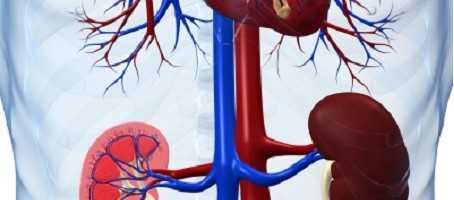Researchers from the University of Cambridge, supported by the JDRF and The Wellcome Trust, have identified evidence which strongly suggests a link exists between viral infections and the onset of type 1 diabetes.
A crucial part of finding the link was that researchers already knew that a link existed between type 1 diabetes and a form of immune response genes known as anti-viral type I interferon (type I IFN).
To identify a link, the researchers studied three groups of patients:
87 healthy children
109 children with a genetic susceptibility towards developing type 1 diabetes
87 children already with type 1 diabetes
The researchers found that the type I IFN signature they were looking out for was increased, temporarily, in the children susceptible to type 1 diabetes prior to the development of the autoantibodies which attack the insulin producing cells in the pancreas. By contrast, no increased type I IFN signature was present in children that were healthy or already had type 1 diabetes.
Researchers reviewed evidence for events preceding the temporary increase in the type I IFN signature and found it to be associated with a recent history of upper respiratory tract infections, which include flu and the common cold.
Evidence of upper respiratory tract infections were taken from daily diaries the participants had been recording. The research team note that the self-reporting qualifies as a limitation of the study and therefore a direct causal link between respiratory tract infections cannot be completely ratified.
However, the researchers are confident that the link between viral infections and type 1 diabetes onset is a strong one. Professor John Todd, co-director of the research project notes “This is an exciting discovery because we know that colleagues in Finland have made a similar finding, and so the result is true.”
The next steps will be to identify whether or not a particular viral infection is responsible for the development of type 1 diabetes. The researchers also note that with the type 1 IFN response gene, they now have a potential biomarker that can be tracked and monitored in patients that are predisposed to having type 1 diabetes and have respiratory tract infections.






